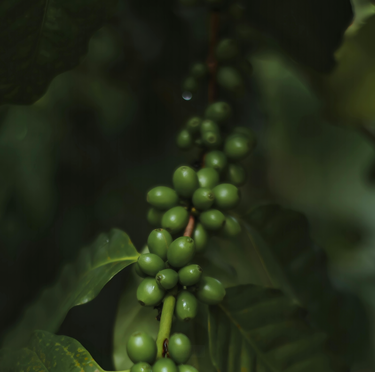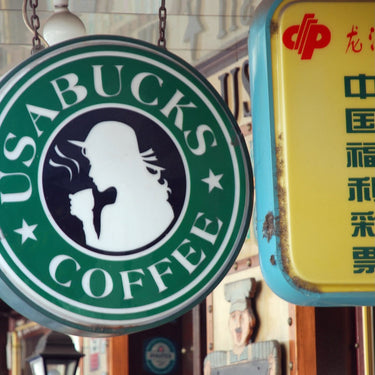TRADITIONAL
Nº 153 Peru Mishanango
Country: Cajamarca
Process: Washed
Grown / Region: Peru
Altitude: 1500m - 1900m
Varietals: Caturra, Bourbon & Villasarche
Producers: Cooperativa Agraria Norcafé
Tasting Notes: Brown Sugar, Forest Fruits, Praline
Roast Level: Dark 5/5

FARM NOTES:
The Mishanango coffee is produced by a co-operative, Agraria Norcafé Perú. The Co-op is made up of 334 male smallholders and 145 female. The coffee is handpicked and pulped the same day, before being fermented in clean water for up to 30 hours and drying on raised beds and in polytunnels. The process adheres to organic growing standards and many of the contributing producers have also won Cup of Excellence awards over the last few years!
Peruvian coffees are the lesser celebrated from the South American region - but expect to see more of them! These coffees offer ease of brewing, complex flavours, and intense sweetness. Cultivation and processing techniques are rapidly improving here, as is the infrastructure, so these coffees can give Colombians a run for their money!
This coffee is named Mishanango, symbolizing the strength and power of the region, and is produced by a local cooperative of young producers. The soil quality, altitudes, local knowledge and passion are perfectly placed to produce exceptional coffee. Flavour profiles are typically quite similar to neighbouring Colombia but with lower acidity and more body and cocoa sweetness.
DISCOVERY
Nº 149 Burundi Izuba
Country: Kayanza Province
Process: Natural
Grown / Region: Runinya
Altitude: 1500m - 1700m
Varietals: Red Bourbon
Producers: Smallholders, Izuba Washing Station
Tasting Notes: Strawberry, Pomegranate, Sherbet
Roast Level: Medium 3/5

FARM NOTES:
The Izuba washing station is situated close to a nearby river providing vital and regular water access for coffee processing. The 'potato' taste defect can be common in coffees from Burundi, but this washing station implements extra measures to eradicate this including floating of the cherries and extensive wet sorting. The coffee pulp is repurposed and distributed to local famers and acts as a natural fertiliser.
This natural process coffee from Burundi has become an annual fixture for Rave - its complex red fruit and floral flavour is supported by a sherbet sweetness. If you like East African coffees generally - this is a great option to add to your list!
Izuba means ‘sun’ in Kirundi, and is an area surrounded by 3 hills. Each volume of fresh picked cherry is recorded by producer and their position on the hillside. The natural process takes up to 30 days of drying on raised beds at the nearby washing station, where workers are paid around 33% than the average national wage!





